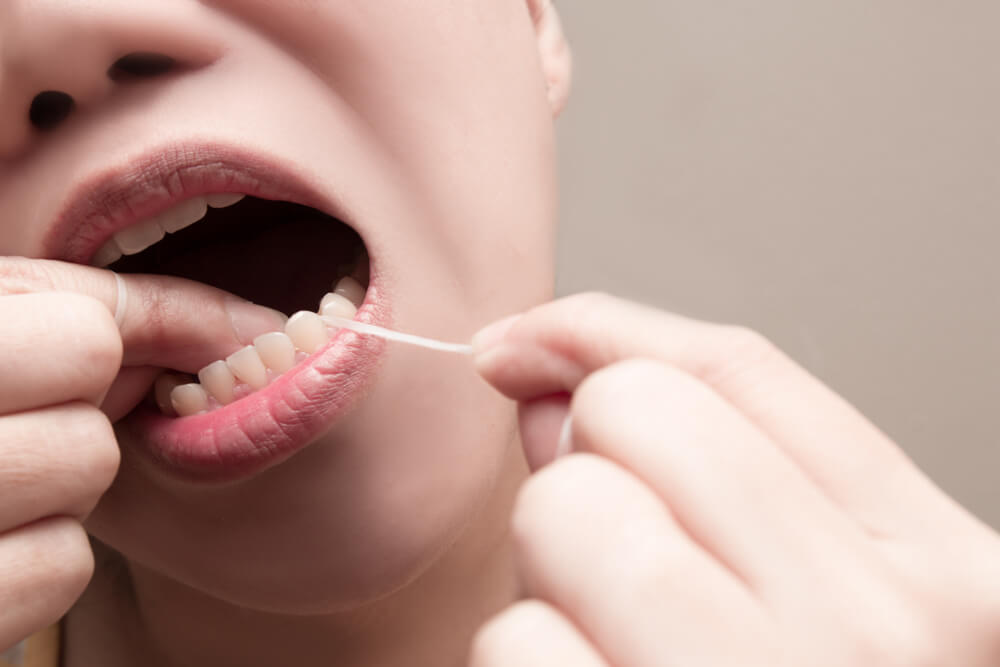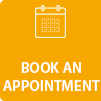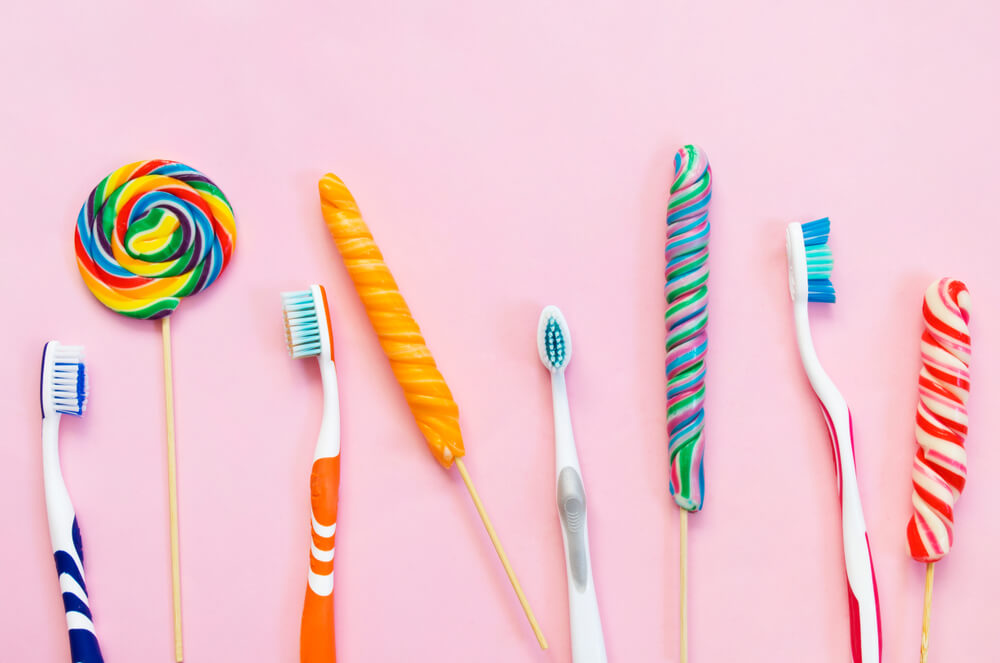Achieving and maintaining healthy, beautiful teeth requires a lifetime of good oral hygiene habits. If you don’t have good habits or have been slacking on your oral hygiene lately, it’s never too late to establish a solid routine. Engaging in best oral practices daily significantly reduces the risk of major dental problems, ensuring your twice yearly visits are quick and stress-free.
Brush twice daily and floss daily
The best way to keep your teeth in top condition is to brush twice every day and floss once per day. Plan to brush your teeth in the morning after breakfast and before you to go bed at night. Brushing right before bed clears out the germs and plaque that build up during the day. Flossing before the nightly brushing works well, as you’ll go to bed with your teeth completely clean. However, you shouldn’t feel limited to this option if flossing another time of day works better for you.
Make sure you’re brushing and flossing properly
Brushing poorly can be as bad as not brushing at all. Choose a soft-bristled toothbrush that fits your mouth comfortably. Look for a toothpaste that contains fluoride, which is a leading defense against tooth decay. If you struggle to remove plaque or are fighting gum disease, consider investing in an electric or battery-powered toothbrush.
Take your time brushing your teeth, brushing for about two minutes per session. Angle the brush toward the area where the tooth meets the gum and move the brush in gentle short circular back-and-forth motions to clear out plaque. When you brush your teeth, don’t forget about your tongue and cheeks as well as the roof of your mouth. Plaque and bacteria build up everywhere in your mouth. After cleaning your teeth, brush these areas of your mouth.
Break off approximately 18 inches or 46 centimetres of dental floss. Wind the majority of floss around the middle finger of one hand. Wind the remainder of the floss around the middle finger of your other hand. Gripping the floss firmly between your thumbs and forefingers, glide it between each tooth gently. Rub the side of the tooth in an up-and-down motion.

Keep your oral hygiene equipment clean, and replace it as needed
When you’ve finished brushing your teeth, rinse your toothbrush thoroughly. Store it in a proper toothbrush holder in an upright position, allowing it to dry completely between uses. Replace your toothbrush or the replacement head for your electric toothbrush every three months or more often if necessary.
Consider using a mouthwash
For some individuals, mouthwash or mouth rinse further increases the cleanliness of your mouth and adds another defense against bacteria, plaque buildup, and tooth decay. Mouthwash should be used in addition to brushing and flossing, not as a substitute. Talk to your dentist about whether mouth rinse is a good fit for you.
Drink plenty of water
Drinking water after every meal helps you stay hydrated while cleaning away leftover food. When you drink plenty of water, you prevent dry mouth and ensure you’re producing saliva at an optimal rate, which limits tooth decay. Drinking lots of water also helps you swallow more easily and keeps your teeth awash in calcium, phosphate, and fluoride, further limiting decay.
Eat crunchy fruits and vegetables
Eating crunchy fruits and vegetables gets more fiber into the diet and promotes healthy jaw development. The sooner kids start working on hard-to-chew foods, the more successful they’ll be at eating these foods throughout their life. Of course, raw fruits and vegetables are much healthier than pre-packaged snacks as well. When you’re on the go, pack healthy snacks, including lots of fruit and veggies, so you’re less tempted to grab a candy bar or stop for fast food.
Limit sugary and acidic foods
It’s no secret that sugary and acidic foods and drinks are bad for your teeth and should be consumed in moderation. When you do drink soda, tea, coffee and other sugar-filled or teeth-staining beverages, drink them with a straw whenever possible. Using a straw cuts down on the amount of sugar or teeth-staining substance that comes in direct contact with your teeth. Drinking water following sugary or acidic foods helps wash away the sugar and acids.
Don’t chew on hard objects or use your teeth as tools
Chewing on ice and hard objects, such as pen caps, is tough on your teeth. Avoid using your teeth as tools as well, such as using them to open a stuck bottle. Teeth are designed for chewing food and are likely to get damaged when subjected to rougher tasks.
Avoid smoking and tobacco products
Smoking and tobacco products are extremely harmful to teeth, greatly increasing your risk of gum disease and tooth decay. Steer clear of tobacco products altogether. If you’re a smoker, try to cut back on your daily use significantly or ideally, quit altogether.
Visit the dentist twice yearly
No matter how vigilant you are with your home oral health care routine, it’s still important to keep your twice-yearly dental checkups. During these checkups, a dentist will remove plaque and calculus buildup while also checking for potential problems and offering treatment solutions. The sooner a dentist spots and can address a minor dental issue, the better. It’s much simpler and far less expensive to have a cavity filled than to get a root canal or dental implant.
Follow up on potential dental issues in a timely fashion
If the dentist suggests follow-up treatment after a regular cleaning or you suspect there’s an issue, take care of it as soon as possible. The longer oral health problems go untreated, the worse they become. Contact your dentist if you experience loose permanent teeth, unusual hot or old sensitivity, persistent bad breath, painful chewing, or gums that are tender, red, swollen, bleeding, or beginning to pull away from the teeth.
As with any habit, it may take a few weeks or even a few months to get into a regular dental hygiene routine. Don’t beat yourself up because you missed a couple of days of flossing or you were late on your twice yearly checkup. Reward your successes and continue to strive to do better with your oral health care.



